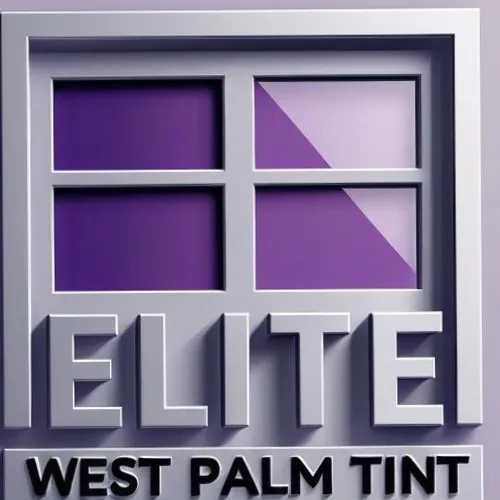Contact Us Today
Reach out to our friendly team for any inquiries, comments, or to schedule an appointment. We're here to assist you.
Frequently Asked Questions
Answers to your frequently asked questions.
Is window tinting legal in my area?
The legal window tint in West Palm, Floridais is 28% VLT or lighter for the front windshield and front side windows, and 15% VLT or lighter for the rear windows. The tint on the front doors cannot be more than 25% reflective, and the rear windows cannot be more than 35% reflective. Colored tint is not allowed, but a medical exemption is possible for conditions like lupus or facial vitiligo
What is the warranty for your window tinting services?
Elite Window Tinting offers a lifetime warranty on their automotive window tinting, covering issues like peeling, bubbling, fading, and delamination. This warranty is typically transferable and is backed by the film manufacturer, such as XPEL or 3M. You must have your original receipt and potentially the warranty card to make a claim. The warranty does not cover glass breakage, defroster elements, or unauthorized removal of the tint.
Will window tinting affect my car's radio or GPS signals?
Modern, high-quality window tints will not affect your car's radio or GPS signals, but older or cheaper metallic-based tints can. Ceramic and carbon-based films are designed to block heat and UV rays without interfering with electronics like GPS and cell signals. If you have an older tint or are getting a new one, choose a non-metallic type to avoid potential signal disruption.
How long does the window tint installation take?
A standard car window tint job usually takes 1.5 to 4 hours, depending on the vehicle's size and complexity. Factors like needing to remove old tint, the number of windows, and the amount of curvature on the glass can increase the time.
Can I still see clearly through tinted windows?
Yes, you can see clearly through window tint, but it depends on the tint's darkness, time of day, and lighting conditions. Lighter tints, like 50% VLT, offer better visibility, while darker tints (e.g., 5% VLT) significantly reduce it, especially at night. High-quality ceramic or carbon tints are designed to provide benefits without drastically compromising your view.
Can window tinting help reduce my energy costs?
Yes, window tinting can reduce energy costs by lowering cooling needs in the summer and helping to insulate during the winter. It works by blocking solar heat gain in warmer months and reflecting indoor heat back into the room during colder months, which reduces the workload on your HVAC system.

